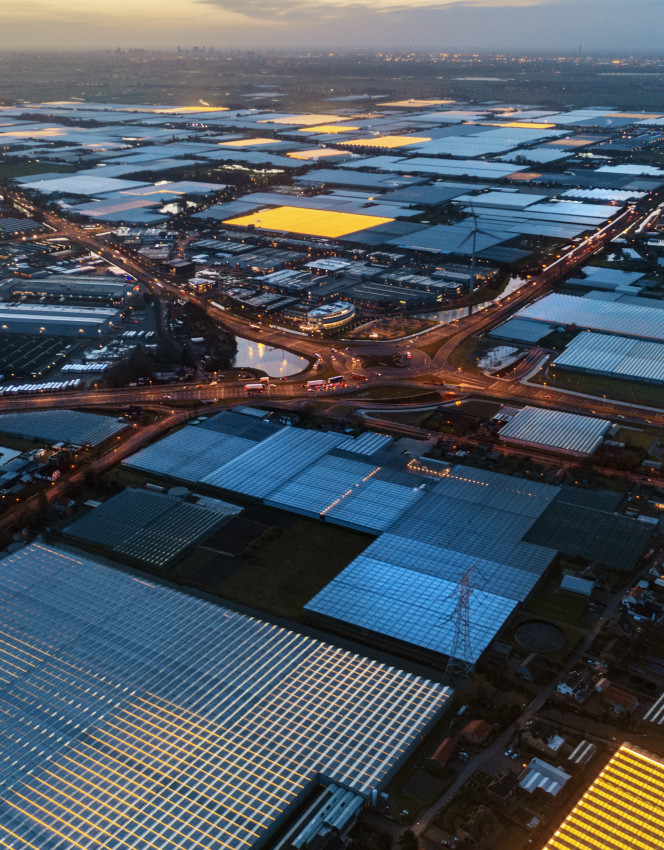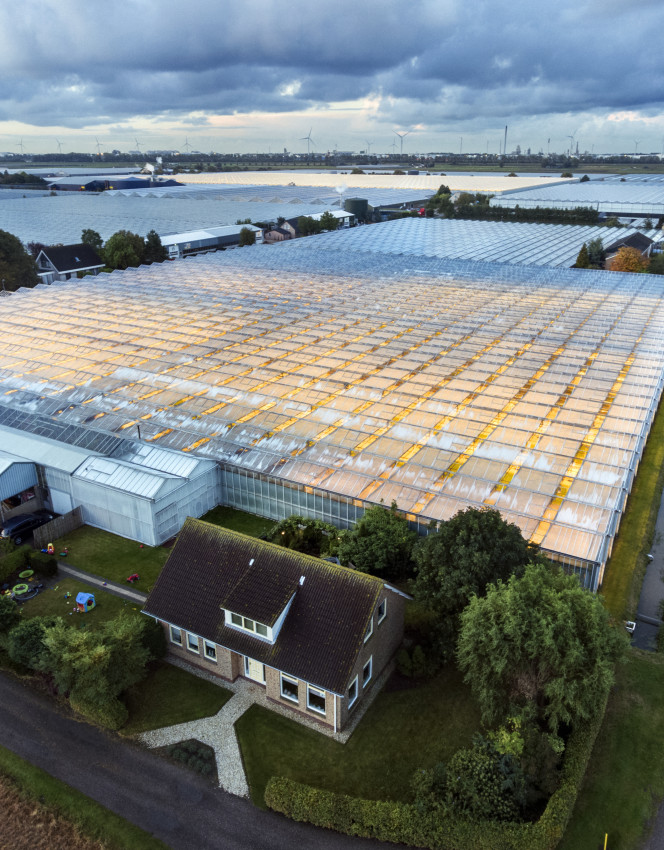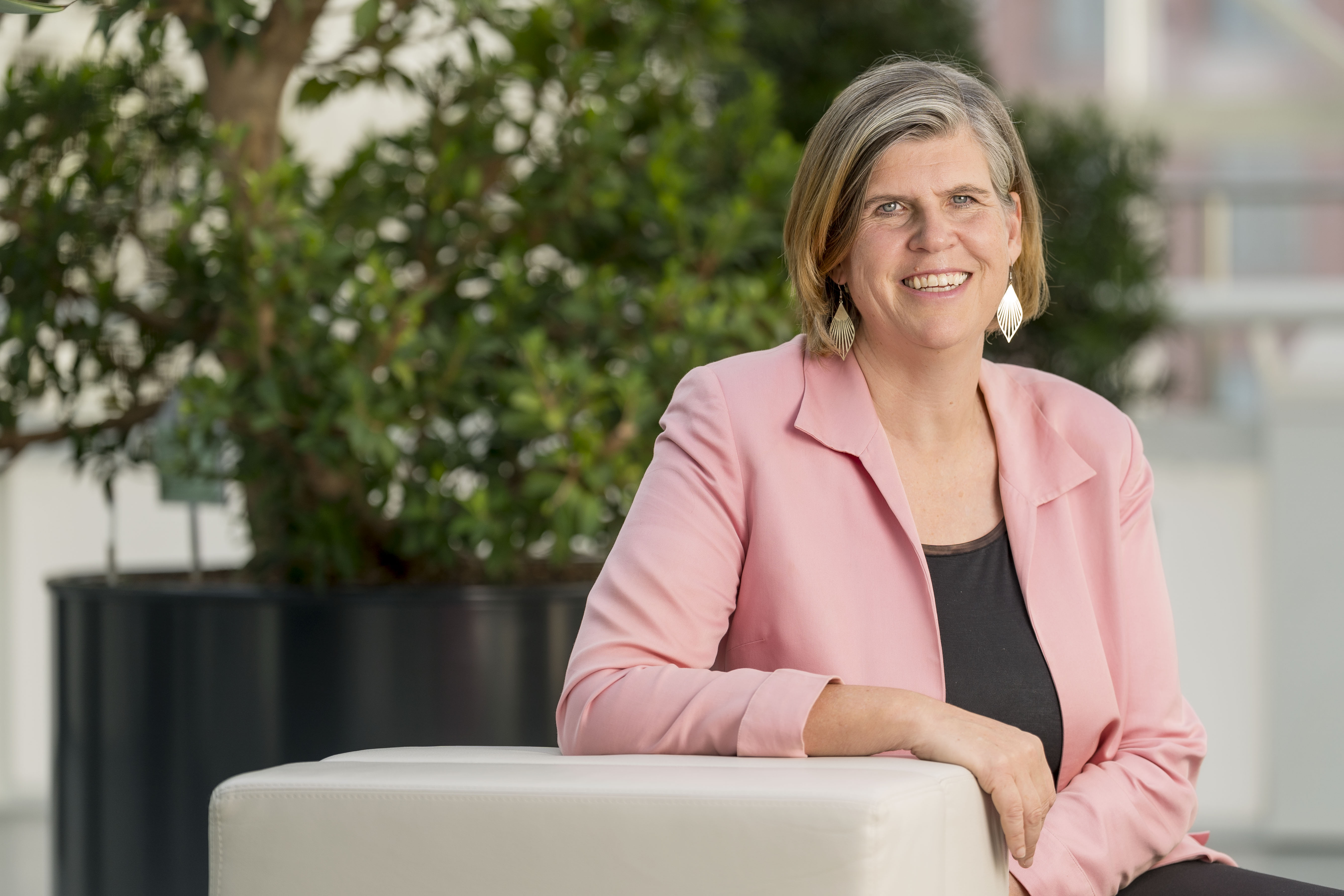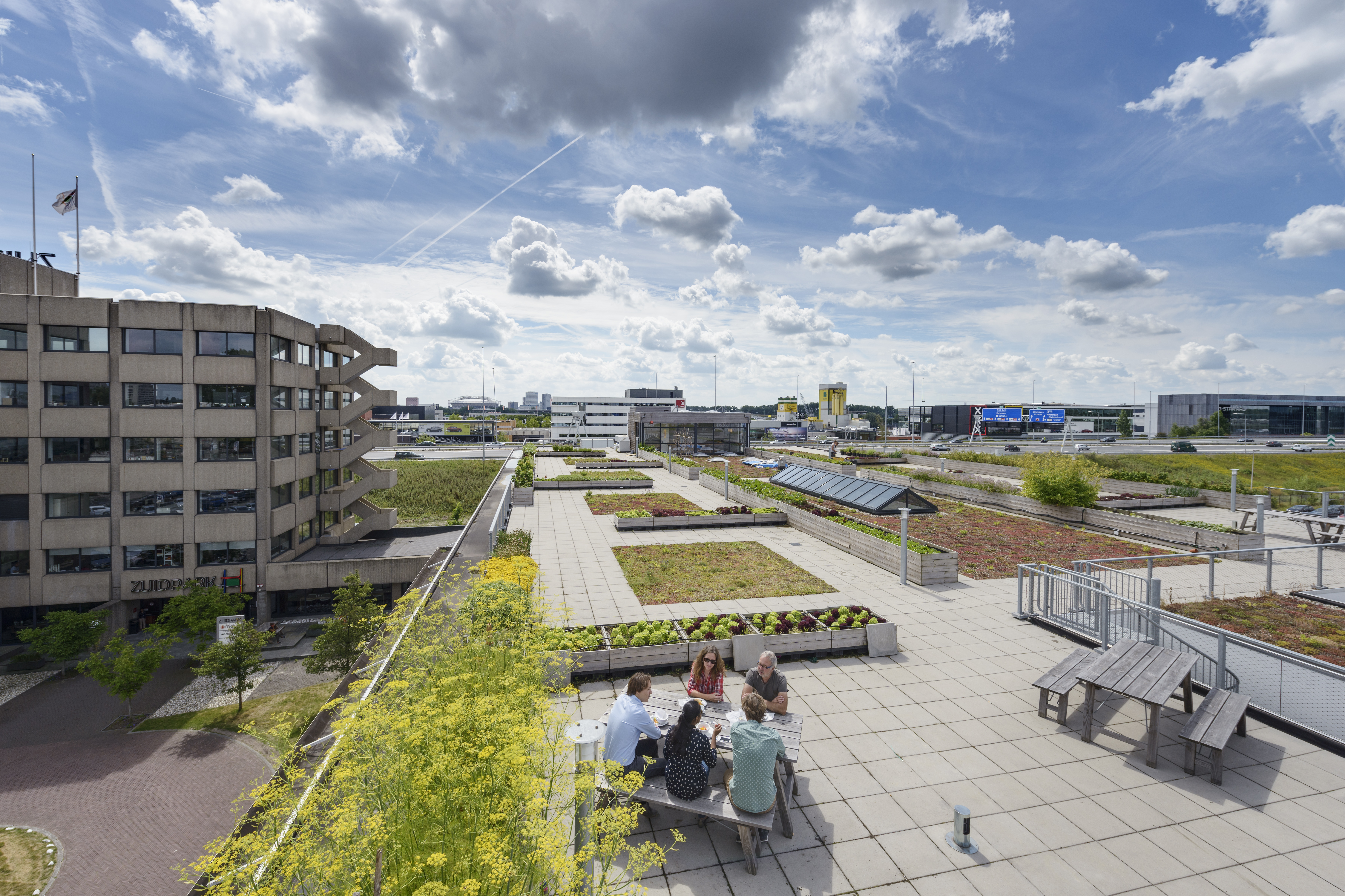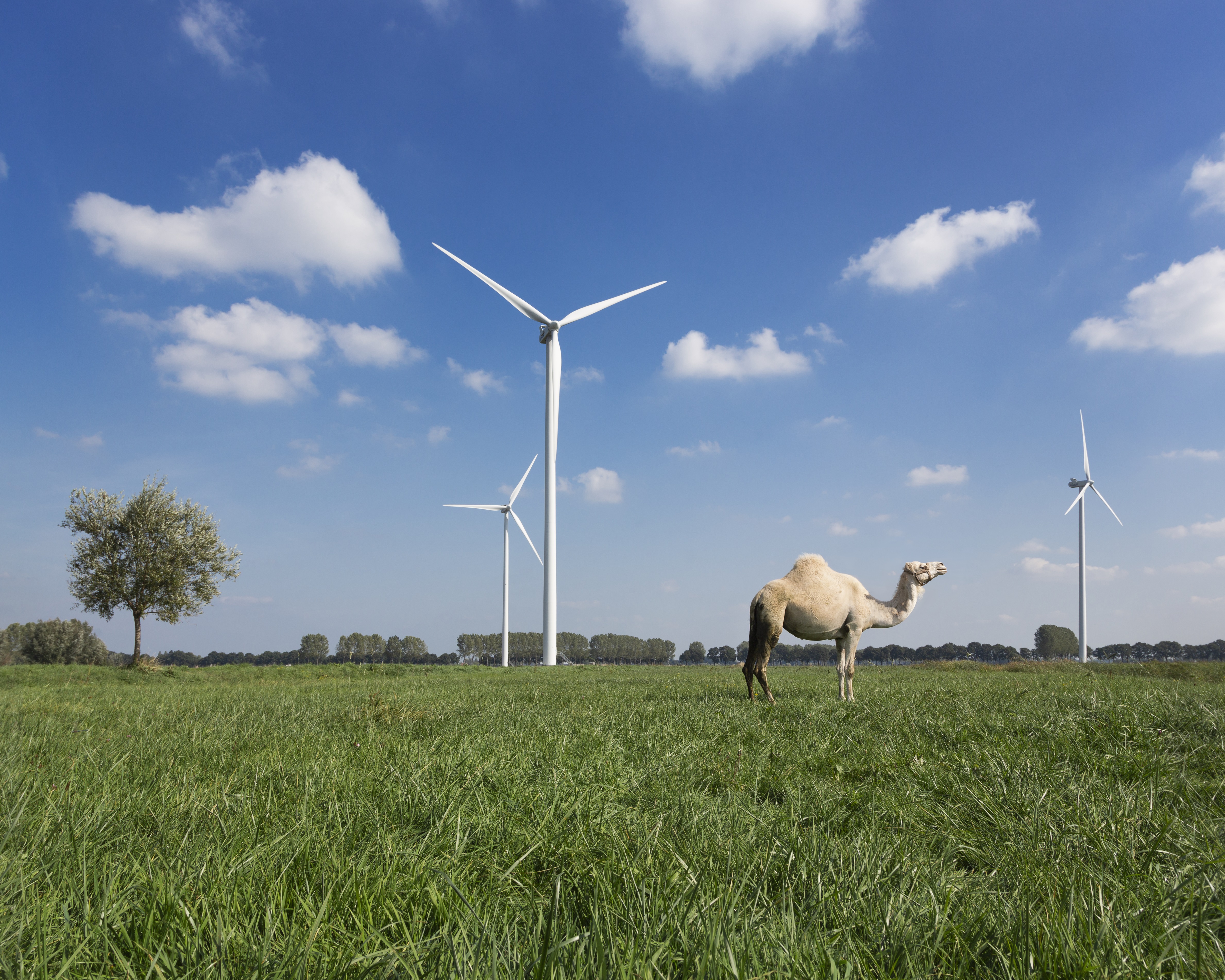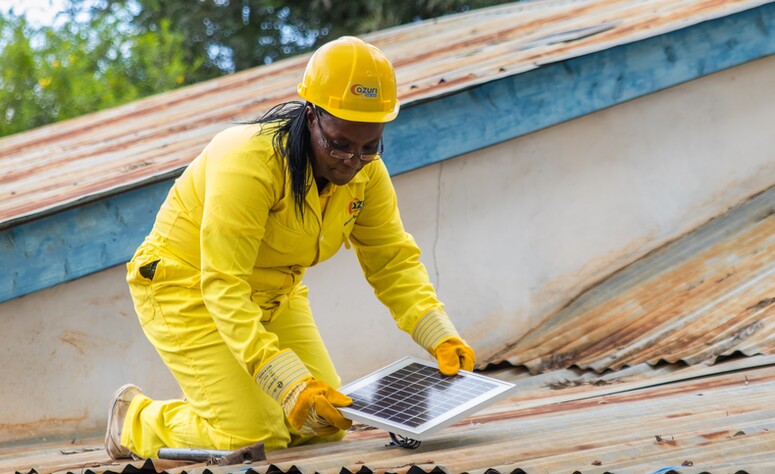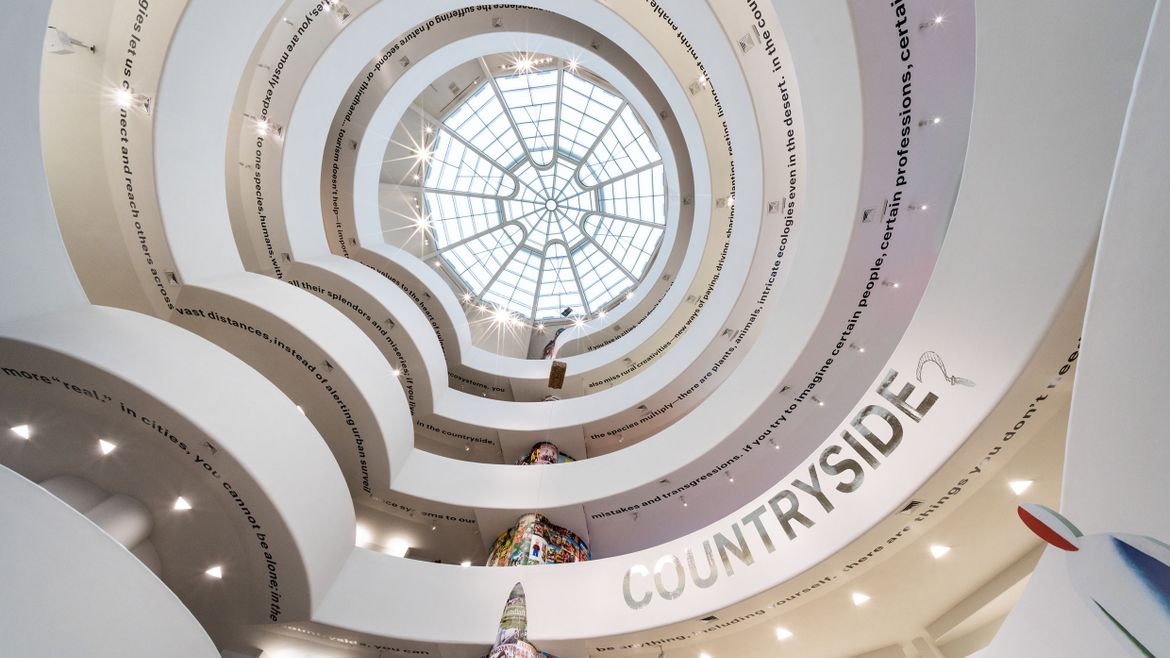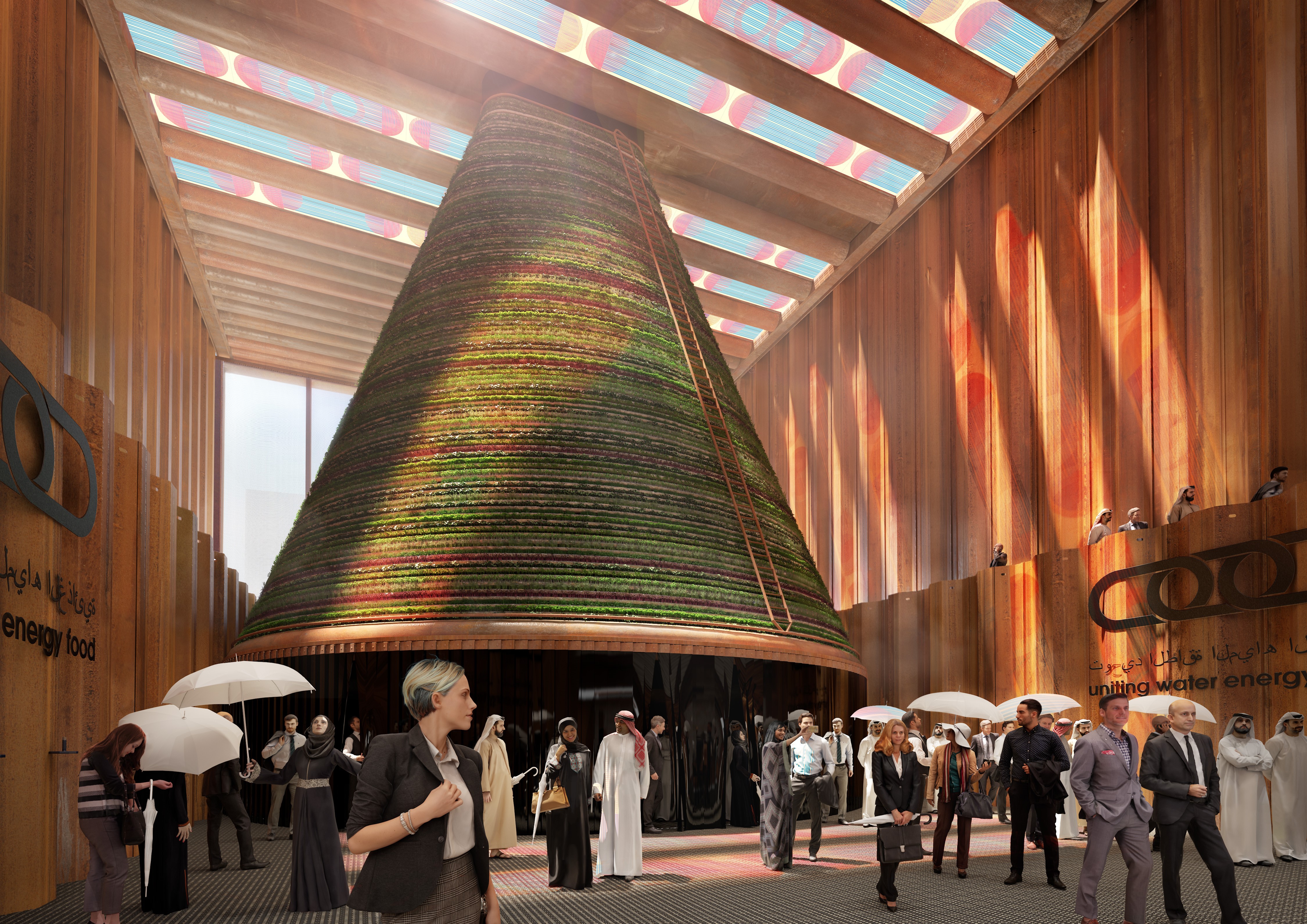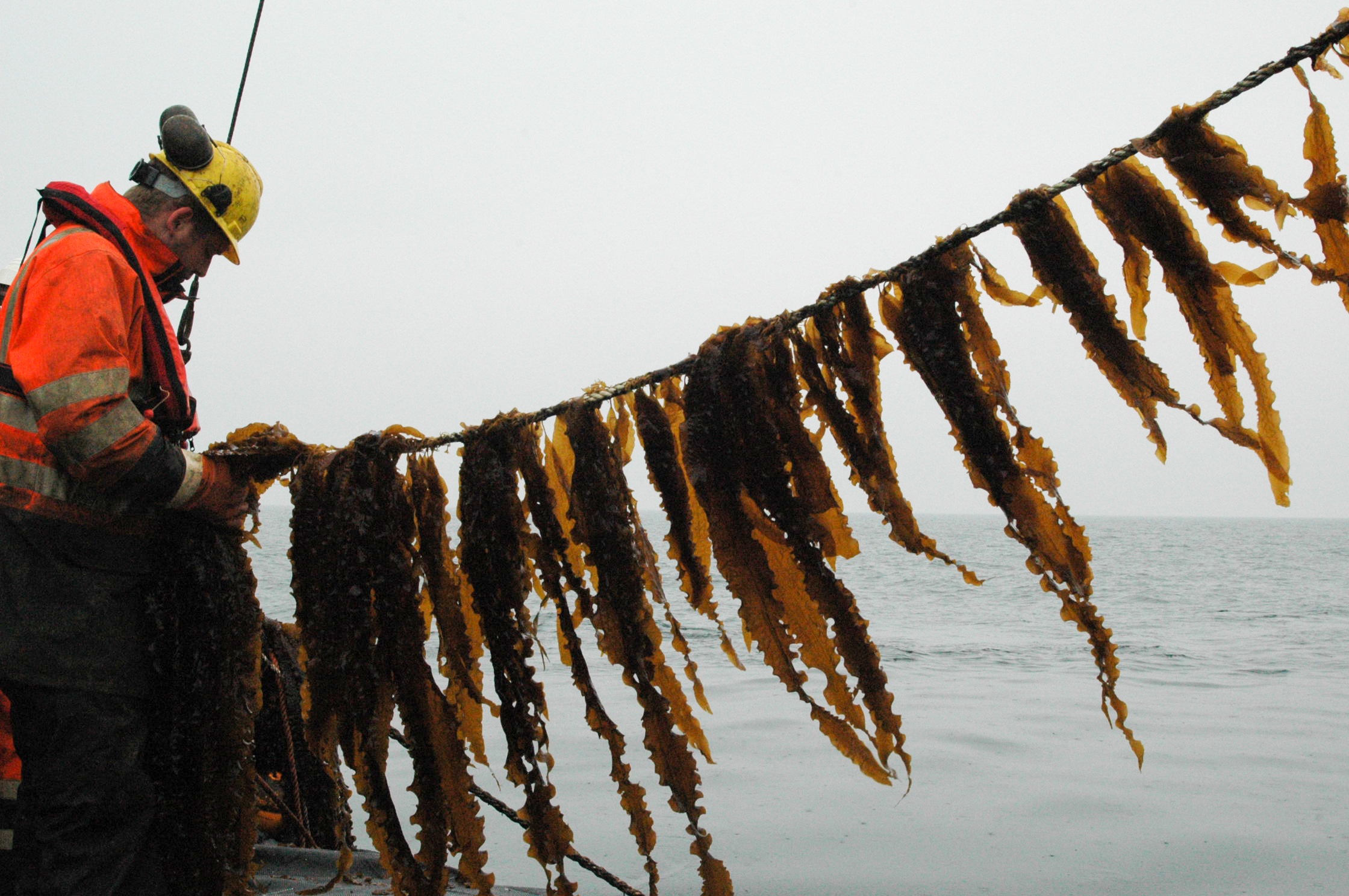
Water, energy & food
Climate change. Food security. Biodiversity loss. The world is facing major crises, and odds are, these will only become more pressing in the coming decades. Why? Because humanity’s current way of living is very demanding for nature’s capacity and vital resources such as water, energy and food. Combined with a rapidly growing population,we face a planet in distress.
This is a strategy we cannot keep up. What we need is an integrated, sustainable approach that enhances the balance between maintaining resources and maximising what we take. We need system change. The systems for water, energy and food are closely interconnected across sectors and across country borders. This means every action affects a multitude of systems and stakeholders. However, this is no easy feat. It calls for collaboration and cooperation. We must think beyond our own interests and gains and look at all systems as one.
Water is at the core of the world’s system, our environment and our human societies. We need a systems approach to the water-food-energy-health and ecosystems interactions.
Unlocking a sustainable future together
No sector or government can rise to this challenge alone. The Netherlands believes exchanging expertise and building partnerships are the key to success. Tackling a problem as complicated and urgent as this requires us to work together. Because global challenges call for global collaboration. That means: learn from each other’s successes and failures so that we can unlock a sustainable future, together. This is the time to act. The Netherlands are up for the challenge. Weare ready to forge partnerships and solutions on the crossroads of water management, agriculture, clean energy and circular economy. Together, we can cocreate solutions that suit the local situation. Join us in our mission to secure a sustainable future.
Our approach: inclusive and evidence-based
How can we balance the trade-off between water, energy and food security? One thing is for sure: there is no one-size-fit-all solution. Because every situation is different. Thatis why it is important to take a geographical area as a starting point to determine the optimal use of water, energy and food. This requires us, first and foremost, to understand how the systems are interconnected. Our approach is always inclusive and evidence-based. We start with a quantitative description of the natural system, which includes data such as projected and historic water demand andsupply. But numbers never tell the whole story. Wemust therefore also include the societal perspective. Through a bottom-up approach, we can involve all stakeholders in an area from the start to discuss possible regional and local solutions that benefit all; young and old, women and men
